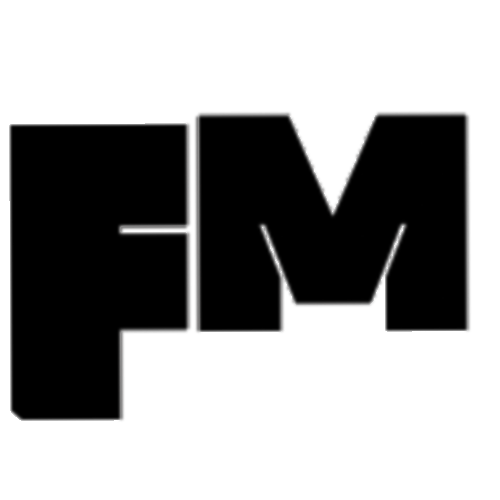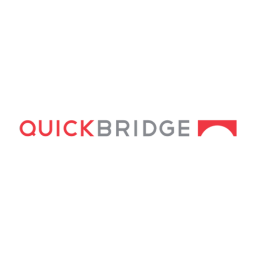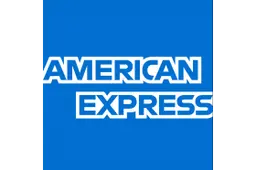QuickBridge
-
Overview
-
Pros and Cons
-
Key Facts
-
Product Details
Pros:
- Rapid funding process
- Flexible loan terms
- Accommodates businesses with lower credit scores
Cons:
- Potentially higher rates compared to traditional lenders
- Shorter repayment terms may lead to higher periodic payments
- QuickBridge specializes in providing swift funding solutions for small businesses.
- The application process is streamlined, often resulting in funding within 24 hours.
- Offers both short-term loans and working capital loans to meet various business needs.
QuickBridge offers loans up to $500,000 with factor rates starting at 1.11. The minimum credit score requirement is 600, making it accessible to a broad range of businesses. The company emphasizes a fast and straightforward application process, with funds disbursed quickly to address immediate business needs.
OnDeck
-
Overview
-
Pros and Cons
-
Key Facts
-
Product Details
Pros:
- Quick application and funding process
- Loyalty benefits for returning customers
- Transparent fee structure
Cons:
- Higher APRs compared to traditional banks
- Daily or weekly repayment schedules
- OnDeck offers both term loans and lines of credit to small businesses.
- The lender provides a prepayment benefit, allowing borrowers to save on interest.
- OnDeck reports to business credit bureaus, helping businesses build their credit profiles.
OnDeck provides term loans up to $250,000 with varying APRs based on the loan specifics. A minimum credit score of 625 is required. The application process is efficient, with potential funding within 24 hours. Repayment terms extend up to 24 months, with options for daily or weekly payments.
American Express Business Line of Credit
-
Overview
-
Pros and Cons
-
Key Facts
-
Product Details
Pros:
- No fees for opening or maintaining the line of credit
- Flexible access to funds as needed
- Competitive interest rates
Cons:
- Requires a higher credit score
- Shorter draw periods
- The American Express Business Line of Credit offers revolving credit, allowing businesses to draw funds as needed up to their credit limit.
- There are no fees to open or maintain the line of credit, and interest is only paid on the funds drawn.
- The product is designed for businesses seeking flexible financing options to manage cash flow or cover unexpected expenses.
American Express provides a business line of credit up to $250,000 with a minimum credit score requirement of 660. The line of credit offers flexible access to funds, with interest charged only on the amount drawn. This product is ideal for businesses looking to manage cash flow fluctuations or finance short-term needs.
Fundbox
-
Overview
-
Pros and Cons
-
Key Facts
-
Product Details
Pros:
- Accessible to newer businesses
- Fast approval and funding process
- No prepayment penalties
Cons:
- Lower maximum loan amounts
- Shorter repayment terms
- Fundbox offers lines of credit specifically designed for startups and newer businesses.
- The application process is simple, with decisions often made within minutes and funding available as soon as the next business day.
- Fundbox does not charge prepayment penalties, allowing businesses to save on interest by paying off their balance early.
Fundbox provides lines of credit up to $150,000 with interest rates starting at 4.66%. A minimum credit score of 600 is required, making it accessible
The Ultimate Guide to Small Business Loans: Everything You Need to Know
What is a Small Business Loan?
A small business loan is a type of financing designed specifically for businesses that need capital to start, operate, or expand. These loans are offered by banks, credit unions, online lenders, and government institutions. They can be used for various business expenses, including purchasing inventory, hiring employees, expanding operations, or covering cash flow gaps.
How Do Small Business Loans Work?
When a business takes out a loan, they agree to borrow a set amount of money from a lender and repay it over time with interest. The repayment terms, interest rates, and eligibility criteria vary depending on the type of loan and the lender. Some loans require collateral, while others may be unsecured.
The process typically involves:
- Application – The business owner submits financial information and documents.
- Approval Process – The lender evaluates creditworthiness, revenue, and business history.
- Loan Offer – If approved, the lender provides terms, including loan amount, interest rate, and repayment schedule.
- Funding – The business receives the funds, either as a lump sum or a revolving line of credit.
- Repayment – The business repays the loan in fixed installments or as per the agreement.
Types of Small Business Loans
1. Term Loans
- Best for: General business expenses, expansion
- Loan Amount: $5,000 to $5 million
- Term Length: 1 to 25 years
- Interest Rates: 4% to 36%
2. SBA Loans (Backed by the U.S. Small Business Administration)
- Best for: Businesses needing low-interest, long-term loans
- Loan Amount: Up to $5 million
- Term Length: 5 to 25 years
- Interest Rates: 5.50% to 8%
3. Business Lines of Credit
- Best for: Flexible funding for working capital needs
- Loan Amount: $1,000 to $500,000
- Term Length: Revolving (ongoing access to funds)
- Interest Rates: 7% to 25%
4. Equipment Financing
- Best for: Purchasing machinery, vehicles, or office equipment
- Loan Amount: Up to 100% of equipment cost
- Term Length: 1 to 7 years
- Interest Rates: 4% to 30%
5. Invoice Financing
- Best for: Businesses waiting on unpaid invoices
- Loan Amount: 80% to 90% of invoice value
- Term Length: Until invoice is paid
- Interest Rates: 1% to 5% per month
6. Merchant Cash Advances (MCAs)
- Best for: Businesses with strong credit card sales
- Loan Amount: $5,000 to $500,000
- Repayment: Percentage of daily sales
- Factor Rates: 1.10 to 1.50
Factors to Consider When Choosing the Best Small Business Loan
1. Loan Purpose
- Determine what you need the loan for (e.g., working capital, equipment, expansion).
2. Loan Amount
- Borrow only what you need to avoid unnecessary debt.
3. Interest Rates and Fees
- Compare rates from multiple lenders to find the best deal.
4. Repayment Terms
- Choose terms that align with your business cash flow.
5. Eligibility Requirements
- Check minimum credit score, revenue requirements, and time in business.
6. Funding Speed
- If you need funds urgently, opt for lenders that provide quick approvals.
FAQs About Small Business Loans
1. What Credit Score Do I Need for a Small Business Loan?
- Most lenders require a score of 600+, but SBA loans and traditional banks may require 680+.
2. How Fast Can I Get a Small Business Loan?
- Online lenders offer funding within 24-72 hours, while banks and SBA loans may take weeks.
3. Do I Need Collateral for a Small Business Loan?
- It depends on the lender. SBA and equipment loans often require collateral, while lines of credit may not.
4. Can I Get a Business Loan with No Revenue?
- Startups may qualify for microloans, business grants, or personal business loans.
5. What Are the Best Small Business Loans in 2025?
- Top lenders include OnDeck, Fundbox, BlueVine, American Express, and SBA-backed lenders.
Final Thoughts
Choosing the right small business loan is crucial to financial health and growth. Compare lenders, check terms carefully, and ensure that the loan aligns with your business needs. By understanding the different types of loans, eligibility criteria, and repayment terms, you can make a well-informed decision that supports your business’s long-term success.





